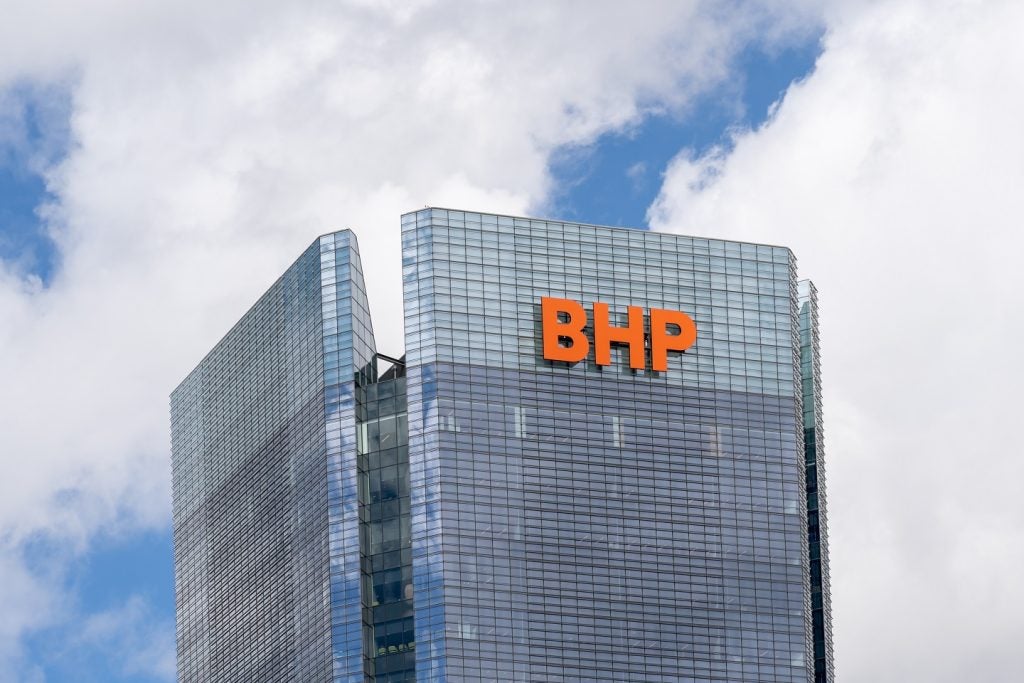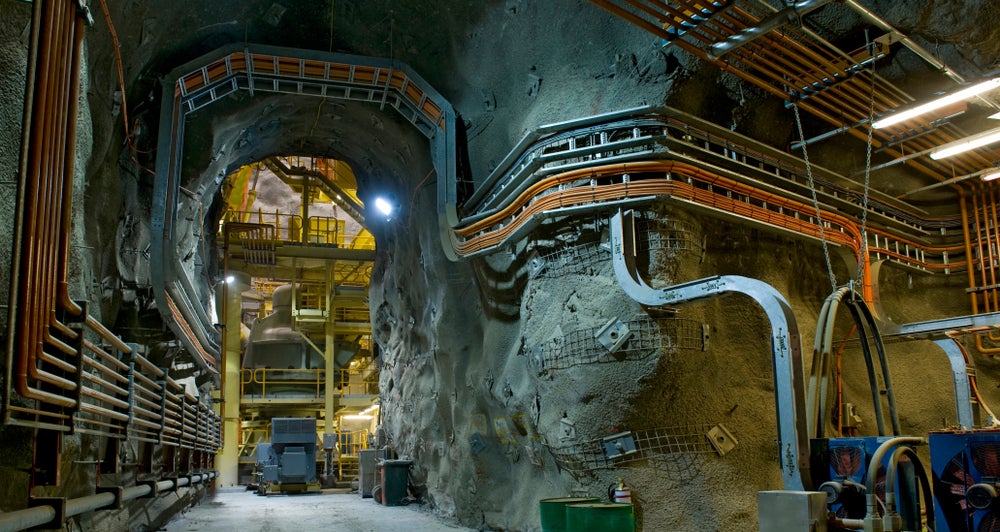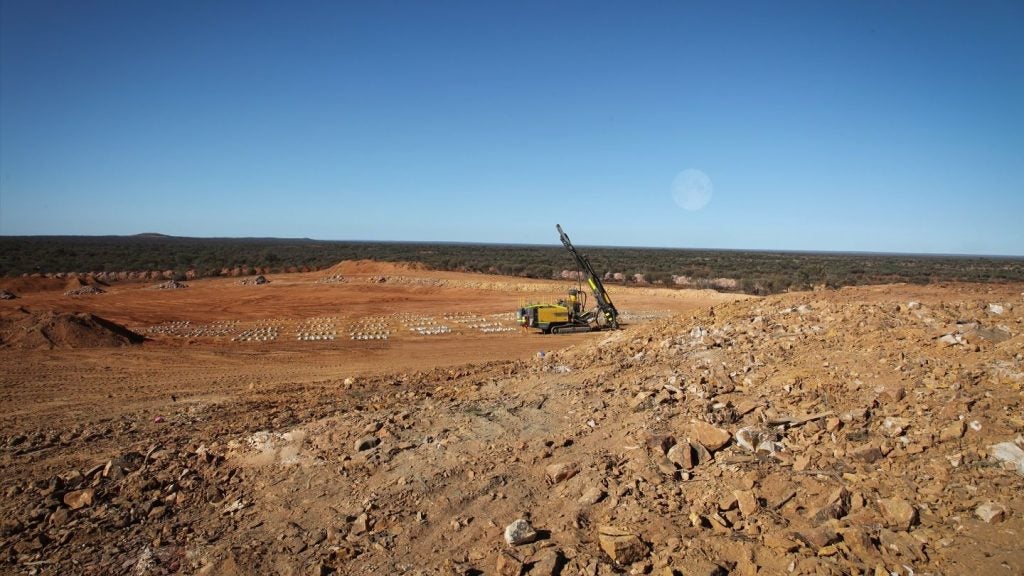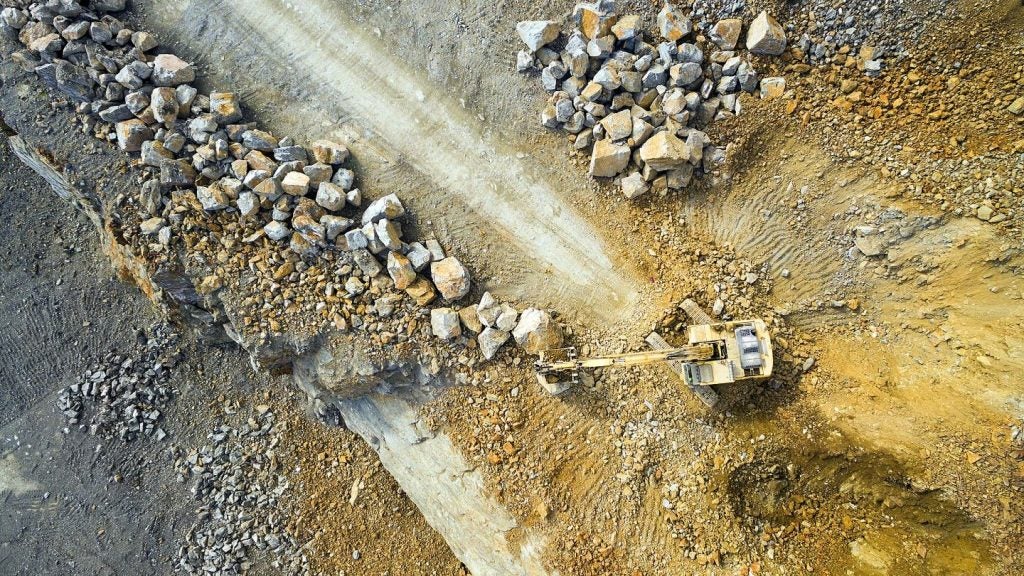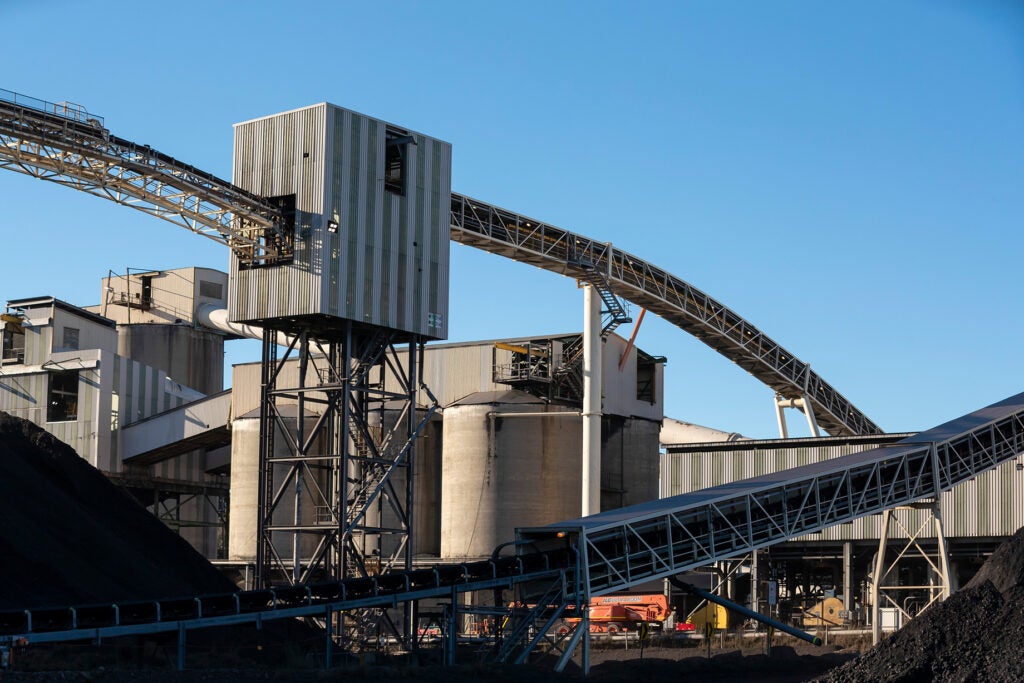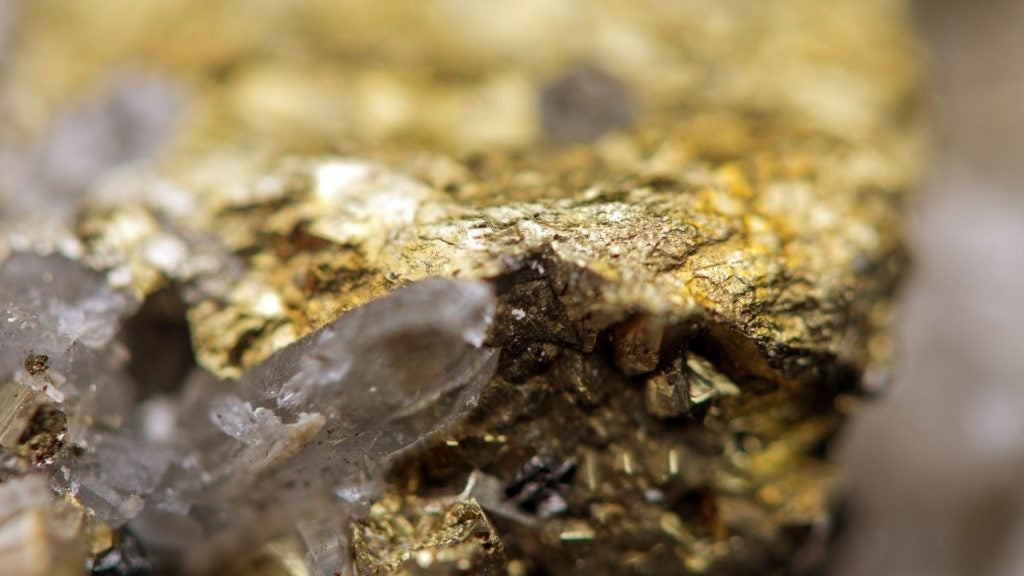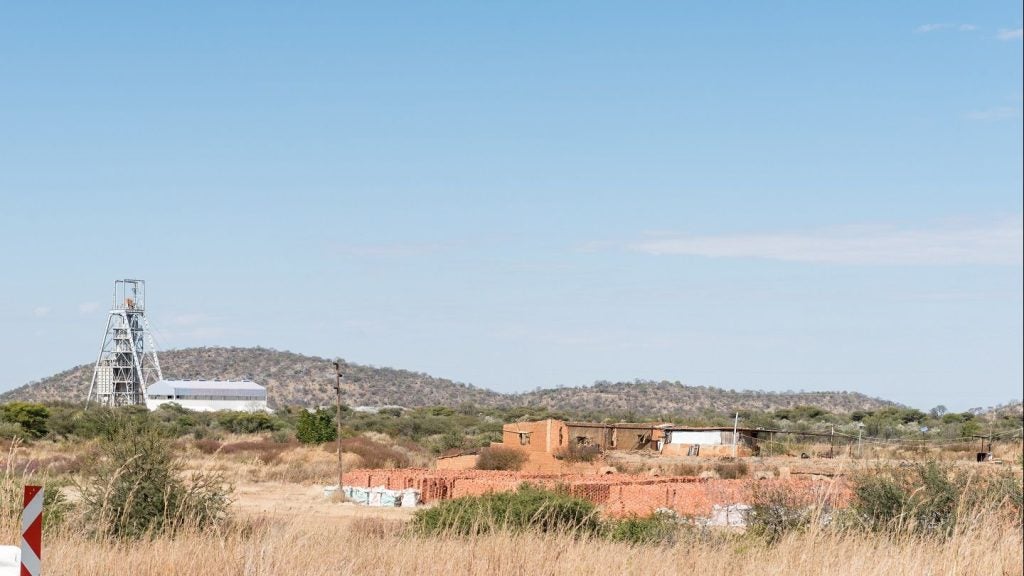Australian mining giant BHP’s underlying attributable profit from continuing operations was $13.42bn in fiscal 2023, a 37% drop from $21.32bn last year as China’s property sector crisis affected demand for commodities such as iron ore.
The company said that it faces two major uncertainties for iron ore over the next six months.
It stated: “The first is how effectively China’s stimulus policy is implemented, especially with regard to real estate. The second revolves around the breadth, timing and severity of any mandated steel production cuts.”
Basic earnings per ordinary share for the year were 255.2 cents, compared with 610.6 cents a year ago.
Revenue for the company dropped by 17% to $53.82bn from $65.1bn. This was said to be driven by reduced prices of iron ore, metallurgical coal and copper.
Expenses, excluding net finance costs, decreased by 1.5% from $32.37bn to $31.87bn.
Underlying earnings before interest, taxes, amortisation and depreciation (EBITDA) were $27.95bn for the fiscal year through June, a 31% decline from $40.63bn last year while underlying EBIT slipped 33% from $34.43bn to $22.82bn.
BHP’s net operating assets increased 17.3% year-on-year to $63.88bn.
Following a year, which was impacted by inflationary pressures and weaker commodity prices, the company has trimmed its dividend to $1.70 per share, down from $3.25 a share last year.
BHP CEO Mike Henry said that despite current concerns, commodity demand has remained “relatively robust” in China and India while global developed markets have seen a notable slowdown.
Henry said: “In the near term, China’s trajectory is contingent on the effectiveness of recent policy measures. We expect buoyant growth in India with strong construction activity underpinning an expansion in steelmaking capacity.”


